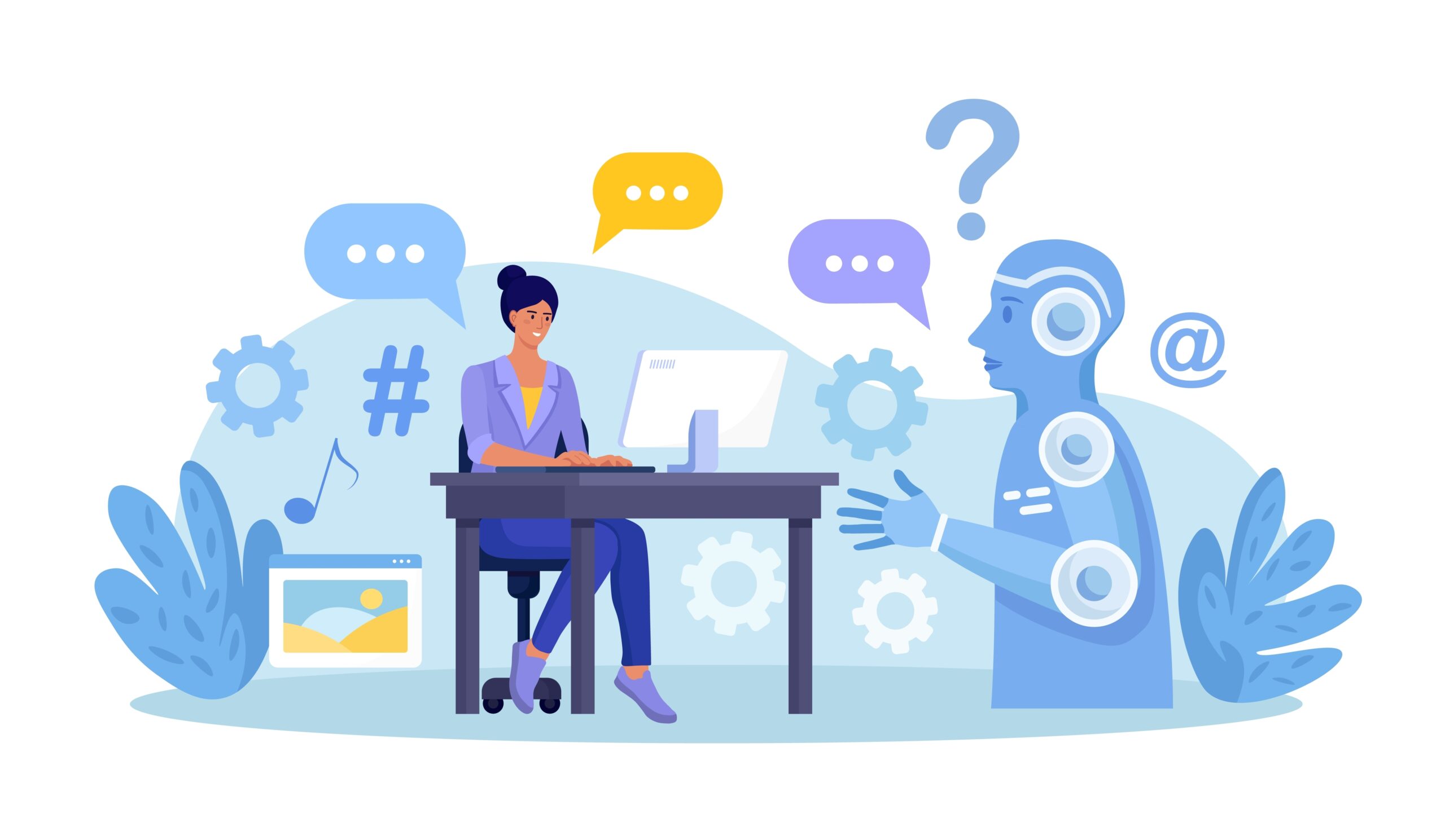
The Future of AI in Learning Shared by Industry Thought Leaders
The future of AI in learning is discussed by L&D professionals more than just about any other subject. So naturally, we felt it was important that Tristan Gemus, Redwood’s Senior Software Engineer, attend Elliott Masie’s AI & Learning Event in Saratoga Springs a few weeks ago.
Tristan’s role here is to leverage new technologies, especially AI, to optimize learning delivery and outcomes. The focus is to develop innovative learning solutions, including scalable and personalized learning platforms that address client L&D needs.
A few days ago, I caught up with Tristan, who shared what he learned at Elliott Masie’s recent learning lab. Because our team is committed to staying on top of AI and other technologies, I was excited to hear his insights. Here are the key takeaways:
Lydia: From your perspective, why was it important to attend this event?
The AI & Learning Event brought together leaders in both learning and AI to explore how AI reshapes workplace learning. We saw the lab as an opportunity to stay ahead of the curve in AI-driven innovations. Especially given its focus on learning personalization and AI’s impact on course production and delivery.
The event featured interactive labs, case studies, and future-looking experiments in AI technologies. These areas align perfectly with our goals of enhancing client learning experiences.
Lydia: What were the key takeaways regarding the future of AI in learning?
If Elliott Masie is about anything, he’s about innovation in workplace learning. So, you’d expect remarkable insights that help learning professionals stay ahead of the curve. He delivered with three insights that really hit home:
Learning Design: AI is rapidly progressing in enhancing learning design by making it more adaptive and personalized to individual learners. Breakthroughs like course content that adjusts to each learner’s current competencies and learning modalities. And personalized learning design that minimizes seat time and maximizes understanding and retention.
Real-Time Customization: AI today can create personalized, fully automated assessments. There’s a growing emphasis on using AI for real-time feedback and content curation. That frees up time and resources that can be redirected toward more engaging content enhancement that learners want to interact with.
Streamlined Operations: AI enhances learning operations by automating administrative tasks like course delivery, follow-up, and robust learner support. These are the types of innovations that make this such an exciting time in the L&D industry.
Lydia: Did you gain any insight into how these innovations will change workplace learning in the future?
AI will deepen its personalization capabilities by analyzing more granular data on learner performance and preferences. Integrating AI with immersive technologies like AR/VR will provide more engaging, hands-on learning experiences. Plus, there’s the growing ability of AI to improve predictive analytics in learning. Organizations will soon foresee training needs and skill gaps very accurately. That impacts all of us in the learning industry.
One of the most eye-opening moments was learning about the advances in AI-driven learning assessments. For example, AI systems are starting to predict learner burnout and disengagement by analyzing micro-behaviors, such as the speed and frequency of mouse movements or the hesitation before answering a question. This means that in the near future, AI could intervene in real time to provide tailored breaks or support, ensuring learners stay engaged and motivated throughout their training.
Lydia: Is there a learning innovation that impressed you the most?
Yes! The idea of using AI to optimize learning personalization stood out. AI can adapt learning paths in real time based on individual responses, making the learning journey unique for every employee. Case studies highlighted some exciting AI-driven experimental tools already being implemented in learning systems.
Lydia: Will the insights gained at the lab impact how Redwood produces and delivers L&D?
Absolutely! Elliott Masie’s lab provided insights into tools and methodologies that can streamline our development process. We plan to incorporate more AI-powered personalization and adaptive learning into our offerings. It’s part of our commitment to focus the innovations of AI and other cutting-edge technologies on helping people expand their learning potential.

